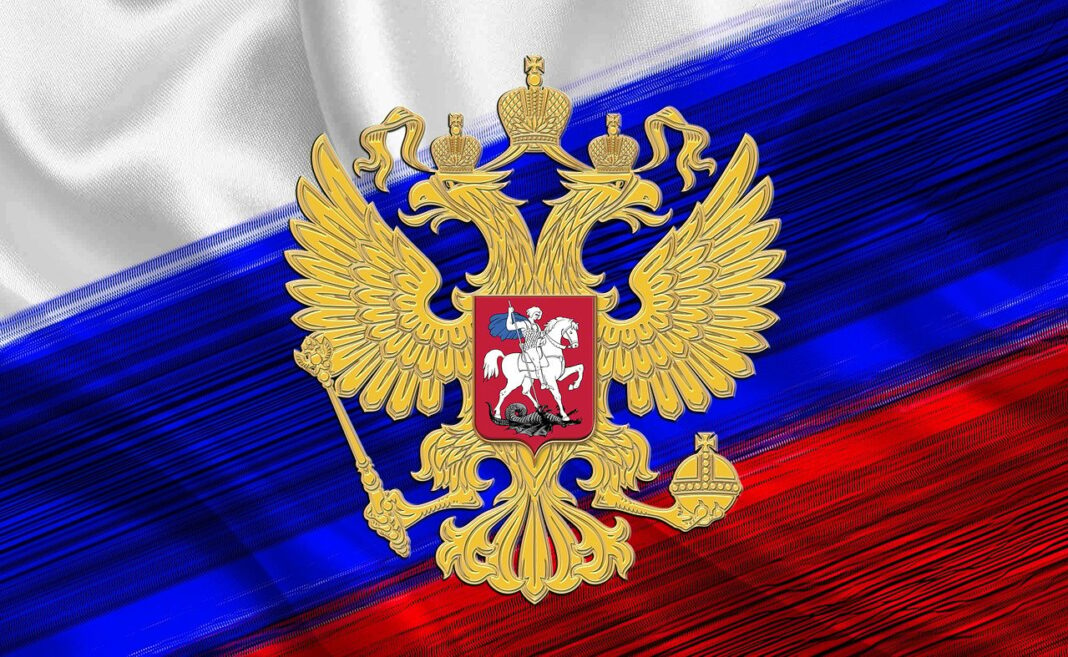Author: Robert Břešťan, HlidaciPes.org, Czech republic
Last year, only 262 Russian citizens received visas at the Czech Embassy in Moscow entitling them to short-term entry to the Czech Republic and Schengen area countries. Russians, however, have been obtaining visas in large numbers at other European embassies and consulates, mainly Italy, France and Greece. However, more than 50,000 “Russian” visas were refused last year – also thanks to the interest of the Czech counter-intelligence agency BIS.
Despite the war that Russia has started and is waging against Ukraine, Russians remain in the top five countries whose citizens most often obtain short-term visas to enter the Schengen area. They allow you to stay in a total of 29 Member States for up to 90 days.
TOP 10 countries for Schengen visa applicants

Data source: the European Commission
Last year, the largest number of such visas were granted to citizens of China (1 043 149) and Turkey (867 646). Russians are in fifth place with 448 890 visas granted.
This is based on European Commission data for 2023, which also shows that 54 293 Russian visa applications were rejected in total last year. The Czech counter-intelligence agency has its share in this.
Half a million Russian applications
In its recently published annual report, the BIS describes that, as part of the tightening of the Czech visa policy towards Russia, the BIS “can comment on visa applications submitted by Russian citizens to the embassies of all EU Member States”.
“Every Member State has the possibility to consult the issuance of a visa in another EU Member State. The latter must then send a final reply to the issuing state within seven calendar days of receiving the enquiry. Failure to comply with the deadline is deemed to be consent to the issuance of the visa,” said BIS spokesman Ladislav Šticha when asked by HlídacíPes.org.
In 2023, the Czech counterintelligence agency screened almost 1.7 million applicants for short- and long-term Schengen visas at Czech embassies and consulates as well as at foreign diplomatic missions. “One of the factors that influenced the number of visa applications reviewed was the tightening of visa policy towards Russia, which the EU adopted after the start of the conflict in Ukraine. The Czech Republic adopted strict rules for visa applications by Russian and Belarusian citizens, which not only reduced the number of visa applications but also reduced the possibility of visa abuse by persons cooperating with foreign powers,” the BIS said in its annual report for last year.
• -520 387 Schengen visa applications from the Russian Federation were submitted in 2023
• 448 890 Schengen visas were issued
• The rejection rate was 10.6%
• 220 928 multiple entry visas (MEV) were issued to Russian citizens
• The share of multiple entry visas in the total number of visas issued was 49.2%
According to data from the European Commission, 520 387 visa applications were received by the consulates and embassies of the Schengen countries last year, while 54 293 were rejected.
For example, the Czech Republic does not issue visas to Russian citizens for tourism purposes at all. For those living in or passing through the Czech Republic, it now requires only biometric passports. Russians can only apply for visas to the Czech Republic in Moscow, where only 283 applications were received last year.
Within the EU, the Czech Republic is also proposing tougher measures to restrict the free movement of accredited Russian diplomats through the Schengen area.
It is also a reaction to the fact that Russia has already adapted to the new situation after expelling its intelligence officers who were working under diplomatic cover at the embassy in Prague.
“Russian diplomats come to Prague from abroad on so-called business trips, usually from nearby foreign countries, such as Vienna, where there are a large number of Russian diplomats and intelligence officers, thanks to both the Russian embassy and the presence of international institutions. To some extent, they compensate for the lack of manpower at the domestic embassy,” BIS spokesman Ladislav Šticha said.
The easiest way to Europe
Of the countries that are part of the Schengen area, which allows free cross-border movement, Italy issued the highest number of visas – 134,141 – to Russian citizens. Almost a hundred thousand were issued by France (99 517). By comparison, Germany only 14,500, which is roughly the same as the eight times less populous Hungary (14,924).
Greece is also a popular gateway for Russians to enter the EU, issuing 54 289 visas last year.
Even those EU countries that are not in the Schengen area, or were not yet in the Schengen area in 2023, are more friendly to travel by Russian citizens. For example, Russians received 44,368 visas at the Bulgarian embassy in 2023 and another 5,712 at the consulate in St Petersburg.
An interesting comparison is with Romania, which, like Bulgaria, has been waiting 13 years to join the Schengen area; both countries only arrived in April this year, but land border controls are still continuing due to Austria’s veto. However, the Russians did not “rush” to the Romanians last year: they applied for a total of only 464 entry visas.
Another popular European destination among Russians is Cyprus. In Moscow, St. Petersburg and Ekaterinburg, Cypriots issued a total of 36,852 entry visas to Russian citizens.
On the other hand, the Russians have even fewer chances than the Czechs with the Poles, who have granted them a total of only 256 entry visas at their embassy in Moscow and consulates in Kaliningrad and St Petersburg.

